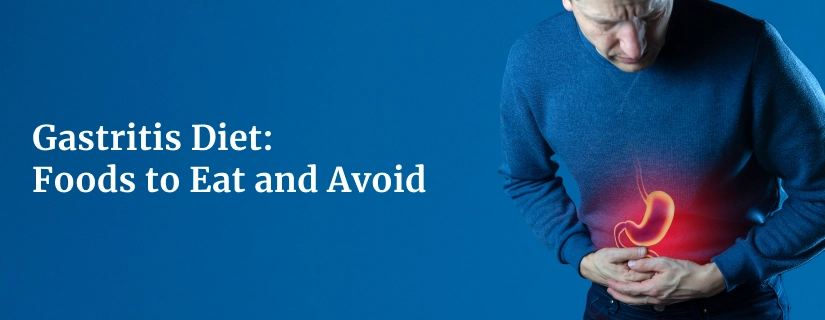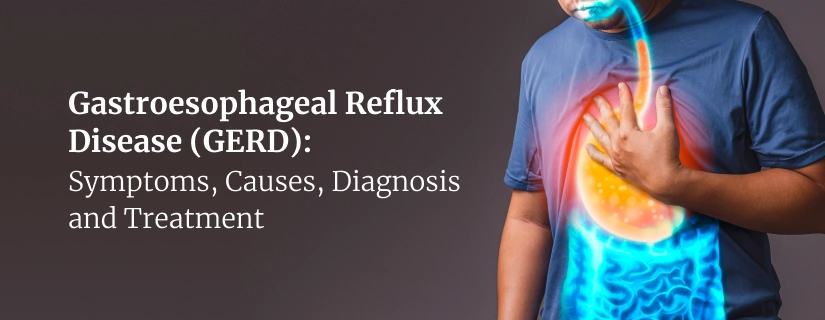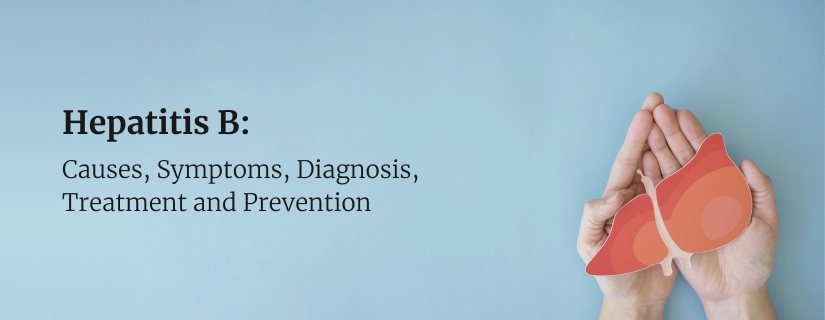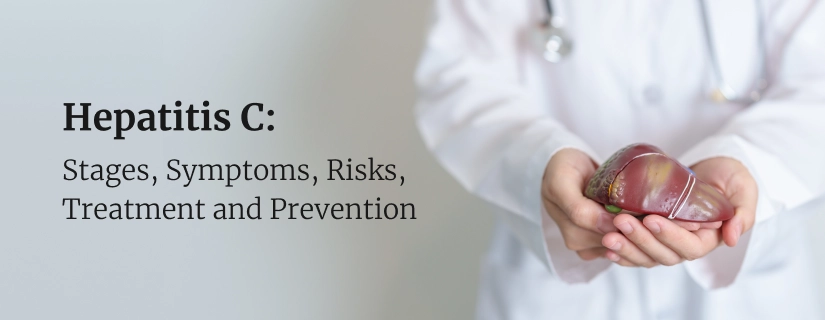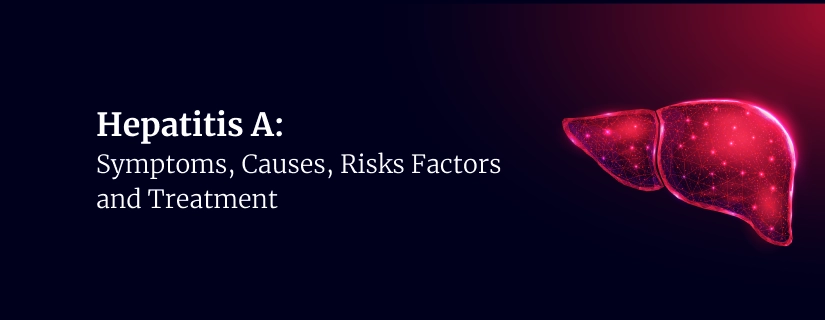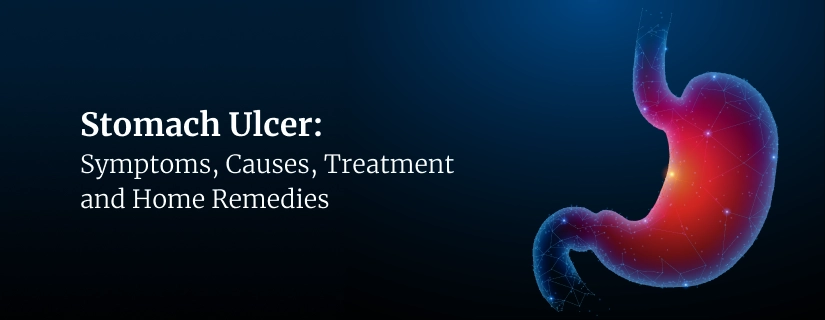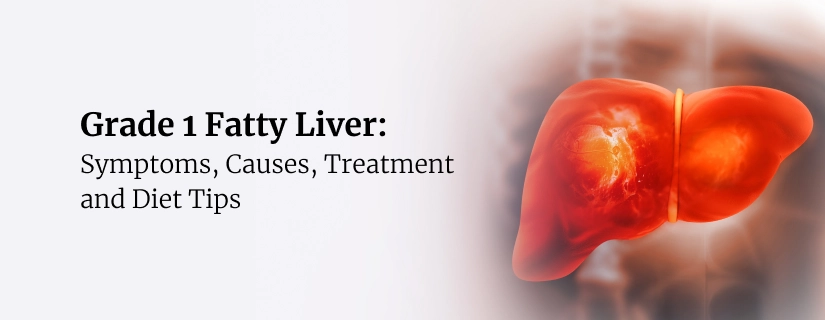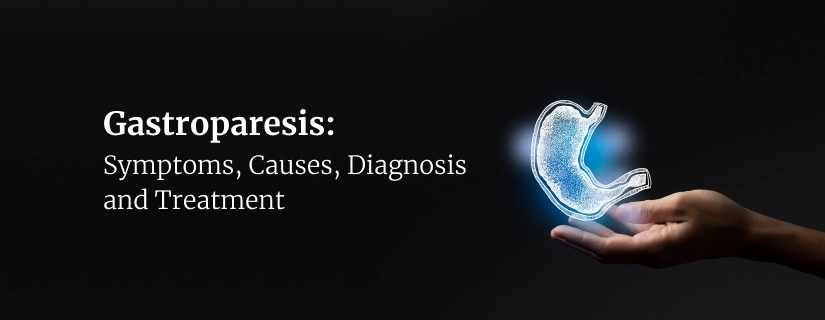-
Doctors
-
Specialities & Treatments
Centre of Excellence
Specialties
Treatments and Procedures
Hospitals & Directions HyderabadCARE Hospitals, Banjara Hills CARE Outpatient Centre, Banjara Hills CARE Hospitals, HITEC City CARE Hospitals, Nampally Gurunanak CARE Hospitals, Musheerabad CARE Hospitals Outpatient Centre, HITEC City CARE Hospitals, Malakpet
HyderabadCARE Hospitals, Banjara Hills CARE Outpatient Centre, Banjara Hills CARE Hospitals, HITEC City CARE Hospitals, Nampally Gurunanak CARE Hospitals, Musheerabad CARE Hospitals Outpatient Centre, HITEC City CARE Hospitals, Malakpet Raipur
Raipur
 Bhubaneswar
Bhubaneswar Visakhapatnam
Visakhapatnam
 Nagpur
Nagpur
 Indore
Indore
 Chh. Sambhajinagar
Chh. SambhajinagarClinics & Medical Centers
Book an AppointmentContact Us
Online Lab Reports
Book an Appointment
Consult Super-Specialist Doctors at CARE Hospitals
How to Reduce SGPT Quickly
Updated on 6 January 2025

High SGPT levels often indicate liver health issues that need immediate attention. When SGPT levels rise above normal, they can indicate inflammation or damage to the liver. Dietary and lifestyle modifications can help reduce SGPT levels effectively. This article explores proven methods to lower SGPT, assisting readers to understand both the causes and easy-to-adopt steps they can take to improve their liver health.
Causes of High SGPT Levels
Multiple factors can trigger an increase in these liver enzymes, ranging from medical conditions to lifestyle choices.
- Liver Illnesses: Liver-related conditions play a significant role in elevated SGPT levels. These include:
- Non-alcoholic fatty liver disease (NAFLD) occurs when excess fat builds up in the liver, often linked to obesity and diabetes.
- Viral hepatitis, including types A, B, C & E causes liver inflammation and increased SGPT levels.
- Liver cirrhosis, an end-stage condition, develops when scar tissue forms in the liver, leading to permanent damage.
- Lifestyle Factors:
- Alcohol abuse and prolonged heavy drinking
- Obesity and excess body fat accumulation
- Lack of physical activity
- Over-the-counter medication misuse
- Multiple sexual partners increase infection risk
- Medical Conditions Beyond the Liver:
- Heart attacks may trigger enzyme release as heart cells become damaged.
- Autoimmune conditions, such as dermatomyositis, celiac disease and diabetes, contribute to increased SGPT readings.
- The Epstein-Barr virus and gallbladder inflammation raise SGPT levels
- Medication-related Causes:
- Prolonged use of antibiotics, cholesterol-reducing statins, and pain relievers may cause hepatotoxicity.
- Environmental and Genetic Factors:
- Changing weather conditions and high pollution levels can increase the risk of viral hepatitis, leading to elevated SGPT.
- A family history of liver issues may predispose individuals to liver inflammation and increased SGPT levels.
How to Reduce the SGPT Levels Quickly?
- Diet: A balanced diet forms the cornerstone of liver health improvement. The following foods have shown particular effectiveness in reducing SGPT levels:
- Leafy Greens: Leafy vegetables like spinach and kale help liver detoxification
- Garlic: Garlic contains beneficial allicin compounds, which help reduce SGPT and SGOT levels
- Turmeric: Turmerics' anti-inflammatory properties are beneficial in lowering SGPT levels
- Green Tea: Green and herbal teas are rich in protective antioxidants, which effectively decrease SGPT and SGOT levels
- Fruits: Berries and grapes contain polyphenol content, which helps lower SGPT levels
- Fish: Fatty fish loaded with omega-3 fatty acids are beneficial for the liver and overall health
- Grains: Whole grains, mainly oatmeal, help reduce SGPT levels
- Nuts: Nuts and olive oil have healthy fats, which naturally reduce SGPT levels
- Lifestyle Changes: Beyond dietary changes, implementing specific lifestyle modifications is crucial in reducing SGPT levels. Here are the most effective steps:
- Maintain proper hydration with 8-10 glasses of water daily
- Exercise moderately for 30 minutes five days weekly
- Ensure 7-9 hours of quality night sleep
- Eliminate alcohol consumption completely
- Stop smoking and avoid passive smoke exposure
- Maintain good personal hygiene
- Keep a healthy body mass index (BMI)
- Natural Supplements: They can support liver health when taken under medical supervision.
- Milk thistle, containing silymarin, helps regenerate liver cells.
- Dandelion root promotes natural detoxification
- N-acetylcysteine (NAC) boosts antioxidant levels in the liver.
- Vitamin Supplementation:
- Increasing folate and vitamin D intake through diet or supplements can help reduce elevated liver enzyme levels.
- Medical Precautions:
- Avoid self-medication, as even common medications like paracetamol can impact liver function when taken incorrectly.
- All antibiotics should be taken strictly under medical supervision, as certain types can elevate SGPT levels.
Normal Range of SGPT
In blood tests, the standard SGPT (serum glutamic pyruvic transaminase) range typically falls between 7 and 56 units per litre (U/L).
Gender-specific Normal Ranges:
- Women: 19 to 25 U/L
- Men: 29 to 33 U/L
Laboratory variations play a significant role in SGPT testing. Different medical facilities may use slightly different reference ranges based on their testing protocols and equipment. Some laboratories might consider a broader reference range of 13 to 69 U/L normal.
Doctors consider readings above 56 U/L potentially concerning, warranting further investigation. These elevated levels often indicate some form of liver stress or damage. Regular monitoring becomes essential for:
- Early detection of potential liver issues
- Tracking treatment effectiveness
- Preventing the progression of liver conditions
- Maintaining optimal liver function
- Enabling timely medical intervention
The interpretation of SGPT results requires consideration of individual health factors. For instance, a reading of 42 U/L falls within the normal range and typically doesn't cause concern. However, consistent readings near the upper limit might prompt doctors to recommend preventive measures.
Conclusion
High SGPT levels signal significant liver health concerns, but several proven methods exist to bring these levels back to normal. Combining dietary changes, including consuming liver-friendly foods like leafy greens and turmeric, and lifestyle modifications, such as regular exercise and proper hydration, can effectively reduce elevated SGPT levels.
The success of SGPT reduction depends on understanding potential causes. Regular monitoring through blood tests helps track progress and allows for timely adjustments to treatment approaches. Medical supervision remains crucial throughout this process, especially when taking supplements or medications that might affect liver function.
People who follow these dietary and lifestyle guidelines consistently often see improvements within a week. The key lies in making sustainable changes rather than seeking quick fixes. A healthy liver supports overall well-being, and maintaining normal SGPT levels through proper diet, regular exercise, and lifestyle modifications helps ensure long-term liver health.
FAQs
1. How can I lower my SGPT levels through my diet?
To maintain healthy SGPT/SGOT levels, increase your Vitamin D intake by consuming foods such as eggs, oranges, tofu, soy milk, dairy products, liver oil, leafy vegetables, and mushrooms. Opt for nutrient-rich, organic, and plant-based foods that benefit liver health. Additionally, try to avoid excessive salt and foods high in sodium.
2. Can SGPT levels be reduced in three days?
Reducing SGPT levels quickly can be achieved by adopting several practices:
- Eating a balanced diet
- Drinking coffee
- Increasing your intake of folate and Vitamin D
- Regular physical activity
- Maintaining good hygiene
- Losing excess weight
- Reducing intake of fatty foods
3. Which fruit is most beneficial for lowering SGPT?
Grapes and grapefruit are excellent for supporting liver health and lowering SGPT levels. Grapes provide antioxidants from compounds in their skins, while grapefruits contain naringin and naringenin, antioxidants that help protect the liver.
To Book an Appointment, call:
ENQUIRY FORM
SELECT CATEGORIES
-
Neurosciences (16)
-
Neurology (37)
-
Neurosurgery (14)
-
Orthopaedics (48)
-
Oncology (33)
-
Obstetrics and gynecology (51)
-
Pulmonology (23)
-
Urology (20)
-
Nephrology (13)
-
Psychiatry (7)
-
Dietetics and Nutrition (111)
-
General Medicine (63)
-
Cardiac Sciences (30)
-
Vascular & Endovascular Surgery and Interventional Radiology (10)
-
Gastroenterology (46)
-
Endocrinology (23)
-
Plastic Surgery (10)
-
Critical Care Medicine (5)
-
COVID-19 (16)
-
Dermatology (16)
-
Emergency Care (1)
-
Ophthalmology (4)
-
Pediatrics (14)
-
Laparoscopic and Bariatric Surgery (8)
-
ENT (15)
-
Kidney Transplant (1)
-
Liver Transplantation and Hepatobiliary Surgery (5)
-
General Surgery (3)
-
Internal Medicine (5)
-
Medicine Information
Mucus in Stool: Causes, Diagnosis, Treatment and Home Remedies
YOU MAY ALSO LIKE
RECENT BLOGS
-

Direct Anterior Approach in Total Hip Replacement: Advantages and Challenges
10 April 2025
Read More
-

Zinc Deficiency: Signs and Symptoms, Causes, Treatment
9 April 2025
Read More
-

Chest Pain When Coughing: Causes, Treatment and Home Remedies
9 April 2025
Read More
-

12 Health Benefits of Eating Mushrooms
8 April 2025
Read More
-

7 Health Benefits of Blood Donation You Should Know About
8 April 2025
Read More
-

Implantation Bleeding Vs Periods: Know the Difference
28 February 2025
Read More
-

Bloating During Ovulation: Symptoms, Causes and Remedies
28 February 2025
Read More
-

Itching During Dengue: Causes, Treatment and Home Remedies
18 February 2025
Read More
Have a Question?
If you cannot find answers to your queries, please fill out the enquiry form or call the number below. We will contact you shortly.






















